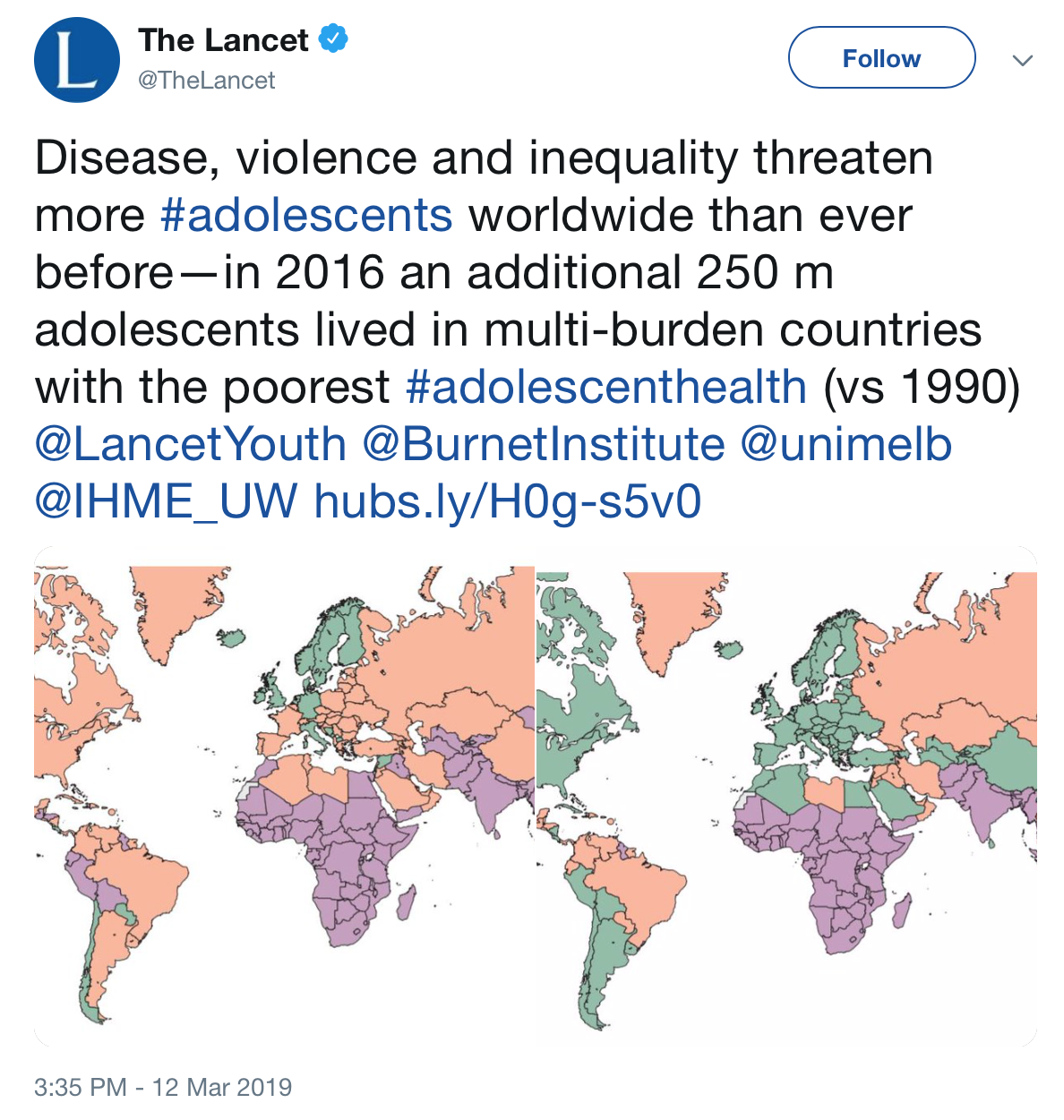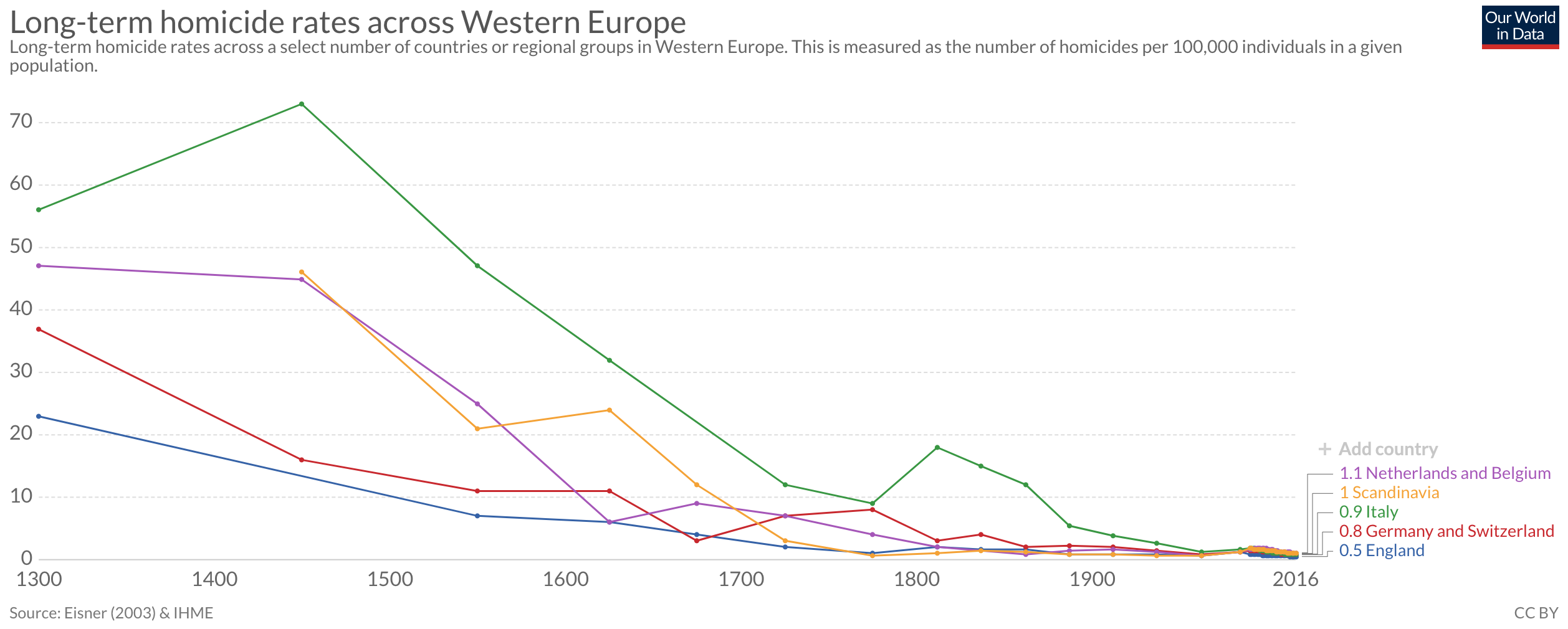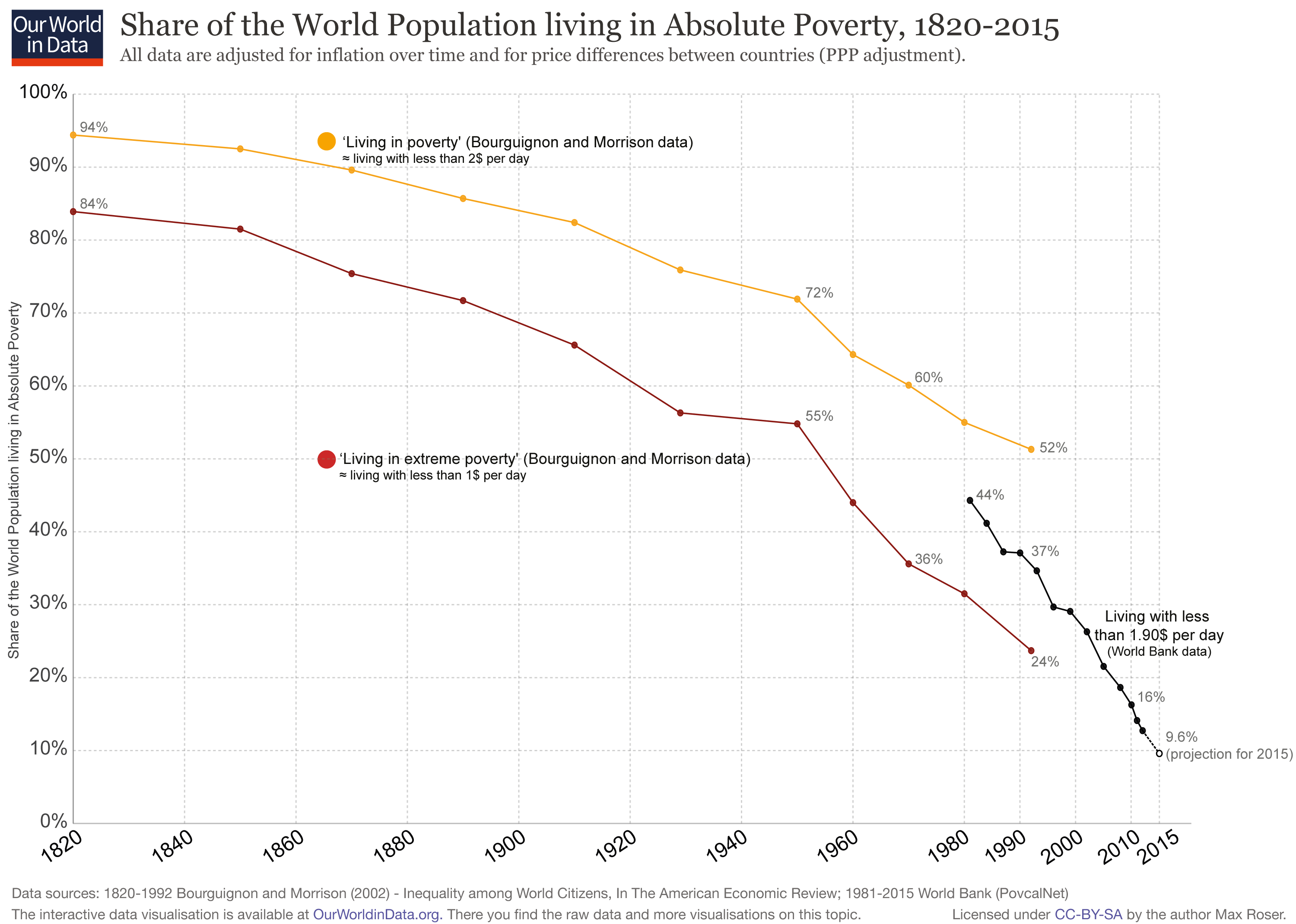TheLancet is a highly respected biomedical journal that rightly carries a lot of clout in the scientific community. That's what makes its recent turn toward sensationalism and clickbait so incredibly odd.
We first noticed that something was strangely amiss in 2017 when the editor-in-chief of The Lancet praised Karl Marx in a bizarre editorial. The piece made multiple dubious claims, such as, "Medicine and Marxism have entangled, intimate, and respectable histories." The 100 million (or so) graves of the victims of communism beg to differ.
Then, in 2018, The Lancet went on an ideological bender against alcohol. First, it hyped a study that purportedly showed that every additional glass of alcohol above roughly 5 per week decreases a person's life expectancy by 15 to 30 minutes. Think about that for a minute. Many people around the world have a nightly glass of wine with dinner. In The Lancet's opinion, that's precisely two too many, and anyone who does that is slowly killing themselves.
When a scientist reaches an absurd conclusion, that should serve as a warning to take a closer look at the methodology, the data, or both. Instead, The Lancet decided to double down. Later that year, it published a study that declared that any alcohol whatsoever is bad for your health. Somebody, please notify the French.
This year, the weirdness continued. A paper in The Lancet argued that certain food experts should be banned from food policy discussions. (Of course, the experts that should be banned are any that are associated with industry, because industry = bad.) And then, The Lancet slandered surgeons, using shady statistics to blame them for killing millions of people every year. The study was so bad that our typically calm, cool, and collected Dr. Charles Dinerstein worried that his head would explode.
The Lancet on Twitter: The World Is Worse Now than Ever Before
Apparently, whoever is operating The Lancet's Twitter feed said, "Hold my beer, and watch this." Here is what the organization posted today:

The study itself may be fine, but The Lancet's tweet about it is misleading at best. Disease, violence, and inequality threaten more adolescents than ever before. Really?
The statement is absurd on its face. Violence has decreased all over the world. The Medieval period was a particularly rough time to be alive. Not only were people dying of things like the Black Death (which killed 1/3 of Europe in the mid-1300's), homicide rates were incredibly high. (See chart below from Our World in Data.)

As recently as the 20th Century, smallpox is thought to have killed 300-500 million people. Likewise, measles killed millions. But vaccines have prevented millions, if not billions, of deaths.
Inequality? Well, that's getting better, too. Yes, in some places, the rich are getting richer, but in a lot of impoverished regions, the poor are getting richer. In fact, poverty has fallen from around 90% of the global population in 1820 to under 10% today. (See chart below from Our World in Data.)

Putting this all together, it's easy to see that humanity has never had it better than in 2019. To quote The Beatles, "It's getting better all the time." So, what on Earth is The Lancet talking about?
The only possible explanation for the tweet is that the journal decided to ignore the indisputable trends and instead hyped absolute numbers. That's extremely misleading in this case because there are more people on the planet now than ever before. (It would be like comparing the cost of a TV in 1960 versus 2019 without adjusting for inflation.) The data need to be standardized, which is why percentages are really the only honest way to do this analysis.
Of course, The Lancet knows this. They just chose to put out a sensationalist tweet, instead. That is troubling.
Then, in 2018, The Lancet went on an ideological bender against alcohol. First, it hyped a study that purportedly showed that every additional glass of alcohol above roughly 5 per week decreases a person's life expectancy by 15 to 30 minutes. Think about that for a minute. Many people around the world have a nightly glass of wine with dinner. In The Lancet's opinion, that's precisely two too many, and anyone who does that is slowly killing themselves.
When a scientist reaches an absurd conclusion, that should serve as a warning to take a closer look at the methodology, the data, or both. Instead, The Lancet decided to double down. Later that year, it published a study that declared that any alcohol whatsoever is bad for your health. Somebody, please notify the French.
This year, the weirdness continued. A paper in The Lancet argued that certain food experts should be banned from food policy discussions. (Of course, the experts that should be banned are any that are associated with industry, because industry = bad.) And then, The Lancet slandered surgeons, using shady statistics to blame them for killing millions of people every year. The study was so bad that our typically calm, cool, and collected Dr. Charles Dinerstein worried that his head would explode.
The Lancet on Twitter: The World Is Worse Now than Ever Before
Apparently, whoever is operating The Lancet's Twitter feed said, "Hold my beer, and watch this." Here is what the organization posted today:

The study itself may be fine, but The Lancet's tweet about it is misleading at best. Disease, violence, and inequality threaten more adolescents than ever before. Really?
The statement is absurd on its face. Violence has decreased all over the world. The Medieval period was a particularly rough time to be alive. Not only were people dying of things like the Black Death (which killed 1/3 of Europe in the mid-1300's), homicide rates were incredibly high. (See chart below from Our World in Data.)

As recently as the 20th Century, smallpox is thought to have killed 300-500 million people. Likewise, measles killed millions. But vaccines have prevented millions, if not billions, of deaths.
Inequality? Well, that's getting better, too. Yes, in some places, the rich are getting richer, but in a lot of impoverished regions, the poor are getting richer. In fact, poverty has fallen from around 90% of the global population in 1820 to under 10% today. (See chart below from Our World in Data.)

Putting this all together, it's easy to see that humanity has never had it better than in 2019. To quote The Beatles, "It's getting better all the time." So, what on Earth is The Lancet talking about?
The only possible explanation for the tweet is that the journal decided to ignore the indisputable trends and instead hyped absolute numbers. That's extremely misleading in this case because there are more people on the planet now than ever before. (It would be like comparing the cost of a TV in 1960 versus 2019 without adjusting for inflation.) The data need to be standardized, which is why percentages are really the only honest way to do this analysis.
Of course, The Lancet knows this. They just chose to put out a sensationalist tweet, instead. That is troubling.
No comments:
Post a Comment